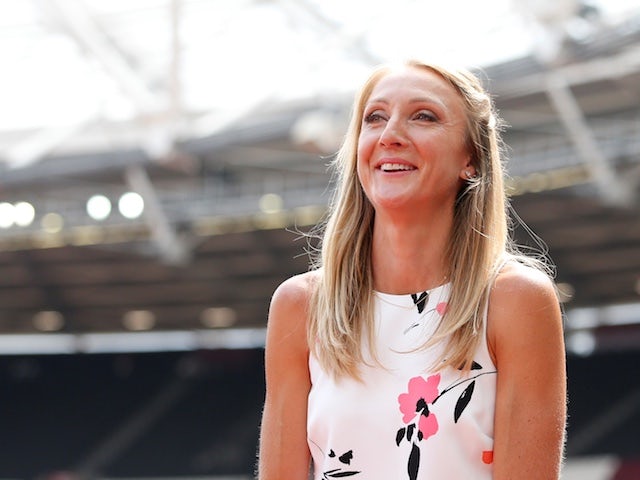Paula Radcliffe pulled on her first pair of running shoes in the same year a 43-year-old former world cross country champion called Joyce Smith strode up The Mall to become the inaugural women’s winner of the London Marathon on March 29, 1981.
Radcliffe, who was seven years old and had started running at the behest of her father, would become enraptured by the event in subsequent years as stars like Grete Waitz and Ingrid Kristiansen went on to succeed Smith.
They were inspirations who would singularly propel Radcliffe to pursue her long-distance running career, culminating in three London titles in four years and recognition as arguably the greatest of all British endurance athletes.
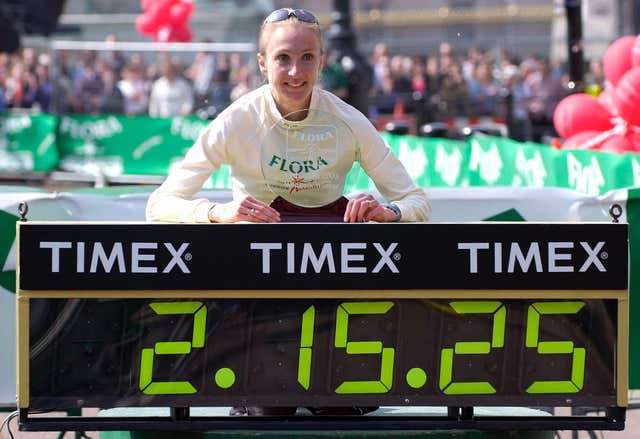
Preparing for what would prove her final London Marathon in 2015, Radcliffe reflected: “The London Marathon inspired me to run and I am hugely grateful to get a chance to return.
“Seeing Ingrid Kristiansen come by, in a mixed race, not far behind the elite men, broke down barriers and made me feel I could go out there and be competitive.”
An emotional Radcliffe completed the race for the last time in 2015, cruising home among the elite club runners in an extremely creditable time of two hours 36 minutes and 55 seconds.
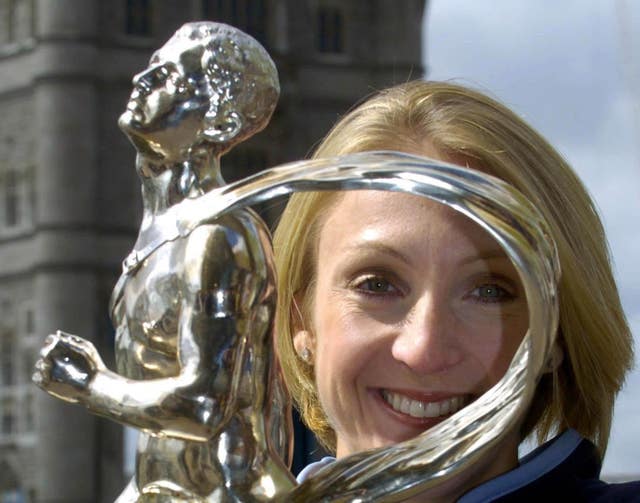
It ended a remarkable era for Radcliffe and London which began in 2002 when, shortly after making the decision to move up to the distance, she recorded the fastest time in a women’s-only race of 2:18.55.
Later that same year, she would set the overall women’s world record in Chicago, a time she would eclipse further on her return to London in 2003, when she finished in 2.15.25.
Radcliffe won her third title on the capital’s roads in 2005, and yet all her lung-busting London exploits will inevitably be remembered in the context of the toilet break she took midway through the race that same year.
Stricken by a bad reaction to her pre-race meal, Radcliffe briefly squatted by the side of the road midway through the race but still managed to gush home in a winning time of 2.17.42.
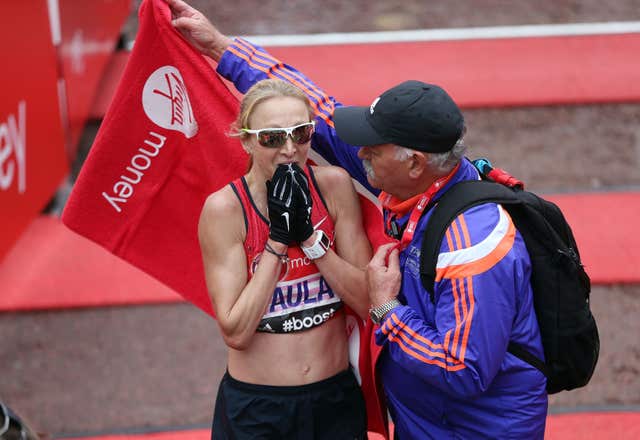
She told the BBC afterwards: “I was losing time because I was having stomach cramps and I thought ‘I just need to go and I’ll be fine’.”
“I want to apologise to the nation. I didn’t really want to resort to that in front of hundreds of thousands of people.
“I started feeling it between 15 and 16 miles and probably carried on too long before stopping.”
Undoubtedly Radcliffe had more London Marathon wins within her but, having taken a break and started a family in the following two years, her hopes of returning were scuppered in 2008 and 2009.
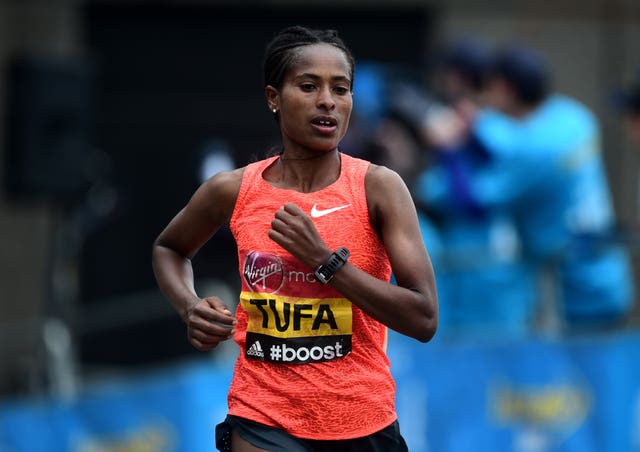
She returned in 2015 for what she announced would be her final race over the marathon distance, and was cheered all the way by an appreciative home crowd.
Out in front, Ethiopia’s Tigist Tufa won the race in a time eight minutes slower than Radcliffe had recorded at her fastest 13 years earlier.
Time may have moved on but it was a sign that her feats will endure to inspire future generations of young runners just as Waitz and Kristiansen convinced the young Radcliffe to set out on her world-beating quest.

